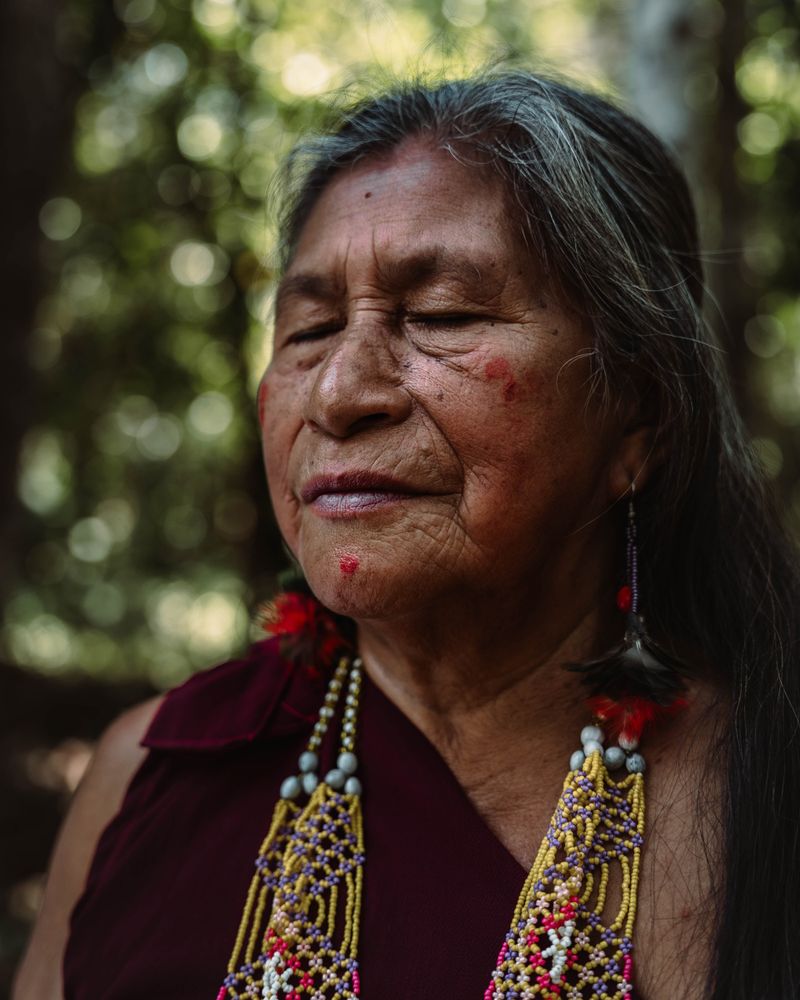Australia‘s Rejection of Constitutional Change: A Blow to Indigenous Rights
The Referendum and Its Consequences
Australia recently witnessed the rejection of a proposed constitutional change in a referendum, marking the first failed attempt at constitutional reform in 24 years. Preliminary results from the Australian Electoral Commission (AEC) indicate that a majority of the country’s 17.6 million registered voters voted “No” on the proposal. The referendum aimed to recognize Indigenous people in the constitution and establish an Indigenous body to provide advisory support on policies affecting their communities.
The defeat of this referendum is not just a setback for the Yes campaign but also an enduring blow to First Nations people and the hope for a more inclusive and modernized founding document. The outcome has raised concerns about the lasting impact on Indigenous communities and their struggle for equality and justice.
Championing Reconciliation
Prime Minister Anthony Albanese, a strong advocate for the referendum, expressed his commitment to improving the lives of Aboriginal people and Torres Strait Islanders in a national address following the results. He emphasized the need to move forward as a unified nation and highlighted the historical marginalization of Indigenous communities in political conversations.
Albanese’s government sought to place the referendum and the issues faced by Indigenous communities at the center of national discourse. However, despite his efforts, the No campaign gained traction and managed to harness voter apathy through slogans such as “If you don’t know, vote No.” Critics of the proposal, including conservative political parties, argued that it lacked detail and duplicated existing advisory bodies.
Repercussions for First Nations People
The rejection of the constitutional change will have profound consequences for Indigenous communities. It signifies a failure to reconcile with Australia‘s non-Indigenous majority and a tacit endorsement of the status quo, which has been widely criticized for failing Indigenous peoples over the past two centuries.
Senator Pat Dodson, the government’s special envoy for reconciliation, acknowledged the impact of a No vote on future generations and the high suicide rates among Aboriginal youth. The referendum was seen as an opportunity for self-determination and an avenue for Indigenous voices to shape policies affecting their communities. However, the outcome undermines these aspirations and perpetuates the marginalization of Aboriginal and Torres Strait Islander people.
Maree Teesson, director of the Matilda Center for Research in Mental Health and Substance Use at the University of Sydney, highlighted the importance of self-determination for the social and emotional well-being of Indigenous communities. She expressed hope that alternate pathways could be found to achieve the goals originally outlined in the proposal.
A Potential Deterrent for Future Constitutional Reforms
Some experts argue that the failure of the referendum could discourage future leaders from pursuing constitutional change through referendums. The high bar for amending the constitution, established in 1901, has remained a challenge for meaningful reforms. The rejection of the 1999 referendum, which aimed to cut ties with the British monarchy and establish a republic, still lingers in Australian political discourse.
Paula Gerber, a professor of Law at Monash University, noted that the power to change and modernize the constitution rests with the Australian people. However, if referendums continue to face defeat due to factors such as voter apathy, politicians may hesitate to invest time and resources into initiatives that can easily be defeated.
Editorial: A Missed Opportunity for Australian Unity and Justice
The failure of the referendum to pass signifies a missed opportunity for Australia to showcase its commitment to unity, justice, and genuine reconciliation with its Indigenous peoples. The proposed constitutional change aimed to rectify historical injustices and create a platform for Indigenous voices to contribute to policies that directly impact them.
It is disheartening to witness the spread of misinformation and fear-based messaging that influenced public opinion on the referendum. The No campaign’s repetitive slogans and appeals to voter apathy undermined the significance of the proposed changes and the potential positive impact they could have had on Indigenous communities.
Australia, as a nation, must reflect on the consequences of this referendum outcome. It is crucial that the country finds alternative avenues to address the ongoing issues faced by Indigenous communities and takes concrete steps towards achieving justice, equality, and self-determination.
Advice for Future Constitutional Reforms
In the wake of this setback, it is essential to learn from the failures of the Yes campaign and devise strategies that resonate with the public when pursuing future constitutional reforms. Here are some recommendations:
1. Clear Communication and Messaging
Future campaigns should prioritize clarity in communicating the rationale behind proposed changes. It is crucial to convey the objectives of the reforms in a way that resonates with the public and dispels any confusion or misinformation.
2. Engaging Diverse Voices
Creating a broad coalition of supporters is essential to gain traction and counter opposition. Engaging with and amplifying the voices of influential figures from various sectors of society, including community leaders, academics, artists, and celebrities, can help broaden the campaign’s appeal and reach.
3. Consultation and Co-creation
Incorporating feedback from Indigenous communities and involving them in the design and development of proposed reforms is crucial. This ensures that the changes reflect their needs and aspirations, fostering a sense of ownership and empowerment.
4. Tackling Misinformation Head-On
Addressing misinformation and fear-based narratives requires proactive and decisive action. Future campaigns should effectively counter false claims with clear and accurate information, emphasizing the positive impact the reforms would have on the country as a whole.
The rejection of the recent referendum is undoubtedly a setback for Indigenous rights and the journey towards reconciliation in Australia. However, it should serve as a catalyst for renewed efforts and a stronger commitment to justice, equality, and unity. The nation must embrace this moment of reflection and work collectively to create an inclusive future for all Australians.

<< photo by Bill Salazar >>
The image is for illustrative purposes only and does not depict the actual situation.
You might want to read !
- Will Jim Jordan overpower his way to the necessary 217 votes?
Title: In the Ring: Jim Jordan’s Battle for 217 Votes
- The Growing Influence of Jessica Jensen in Canadian Immigration Law
- Victor Wembanyama’s Home Preseason Debut: 3 Key Observations
- The Voice: Historic Australian Referendum Sees No Votes Triumph
- “France, Belgium, and Portugal: Escaping Close Calls to Secure Euro 2024 Spots”
- Troye Sivan’s Plea for Lively Moves
- “Exploring the Impact of Open Borders on Cross-Border Crimes: Analyzing the Rape of a Polish Teen in Germany”
- Ohio Vote Heals Threat to Abortion Rights as Republican-backed Measure Falters
- “Cultural Appropriation Controversy: Doja Cat Ignites Outrage with Jumper Snapshot”
- Lego Officially Unveils Animal Crossing Collaboration with Teaser and Backstory




